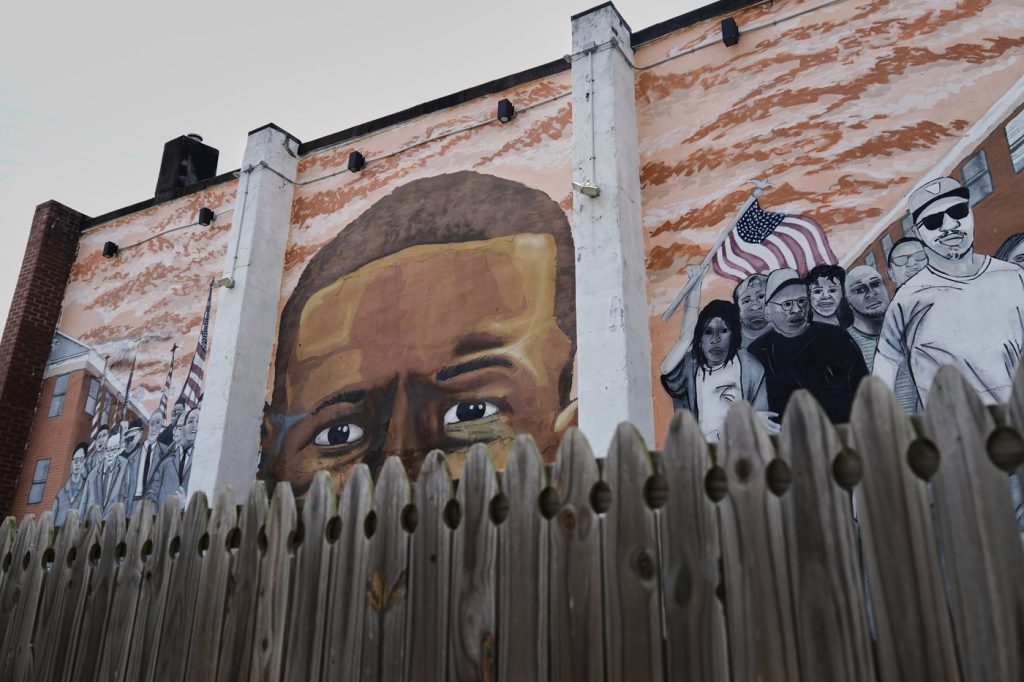The events following the death of Freddie Gray in April 2015, due to spinal injuries incurred while being transported in a Baltimore police van, sparked significant civil unrest in west Baltimore. Ray Kelly, a community activist from Gray's neighborhood, instinctively sought to protect the high school students involved in the clashes with police but instead witnessed the destruction of his community. The unrest was a culmination of grievances rooted in long-standing oppression, including racist housing policies, inadequate educational resources, rampant gun violence, and poor living conditions.
In the years since Gray's death, Kelly has focused on police accountability and reform. With federal investigations into the Baltimore Police Department underway, he emphasized the need for stronger oversight amid national outrage over police brutality. A decade later, while some progress has been made, including the implementation of mechanisms to address police misconduct and a decrease in homicide rates, substantial challenges remain. Kelly noted that although there is increased attention from elected officials and community engagement, the pace of change is often slow and insufficient.
On the anniversary of Gray's death, his twin sister, Fredricka Gray, held a memorial event alongside Baltimore's mayor and other dignitaries, marking ten years filled with loss and the ongoing demand for justice. She reiterated their call for accountability, echoing the rallying cry that emerged during the initial protests in 2015. The city of Baltimore has a historical context of mistreating its Black residents, with policies dating back to 1910 that enforced segregation. Kelly grew up amid the crack cocaine epidemic and the war on drugs, facing police harassment, which significantly shaped his perspective on community and law enforcement.
In the 2000s, Kelly's involvement with a local advocacy group positioned him as a bridge between federal investigators and a community wary of engaging with law enforcement. This effort contributed to a Department of Justice investigation revealing patterns of excessive force and discrimination in policing. The resultant consent decree in 2017 mandated significant reforms within the department, with progress being made but not yet complete. As of recent updates, a federal judge acknowledged compliance with some aspects of the consent decree, indicating steps toward reform are taking place.
Despite the suggested improvements, a pervasive mistrust of the police remains among many Baltimore residents, underlining the challenges in transforming community perceptions of law enforcement. As observed by U.S. District Judge James Bredar, redefining the police department will take years, and while changes in foot patrolling and training are initiated, deep-rooted cultural shifts are still necessary.
The Sandtown-Winchester neighborhood, where Gray was arrested, exemplifies the lingering issues of disinvestment and inadequate resources. Once a vibrant community, it has faced decline driven by factors such as urban flight and socio-economic challenges. The aftermath of Gray's arrest reflected long-simmering tensions between residents and the police, culminating in large-scale protests that called for significant change. However, promises made by politicians to rejuvenate the area have largely gone unfulfilled, leaving emptiness in the wake of bold claims. Kelly described the situation with frustration, lamenting that tangible improvements in the neighborhood have not come to fruition.
Amid these struggles, the political climate presents new challenges, especially with the shifting dynamics under the Trump administration, which are perceived to hinder civil rights advancements. Nevertheless, some community leaders express optimism, indicating that Freddie Gray's death fueled a discourse that has allowed for more progressive voices to emerge in local politics, thereby enhancing advocacy efforts for marginalized communities.
Mayor Brandon Scott has committed to addressing neglected neighborhoods, advocating for funding and renovations in Sandtown, including a planned $15 million investment for a new recreation center. Kelly, however, emphasizes that beyond political rhetoric, it is crucial to remember Gray's legacy as a human life and not merely a symbol of tragedy. He advocates for celebrating Gray’s birthday, August 16, 1989, as a way to honor his memory and the ongoing fight for justice in the face of systemic challenges.










